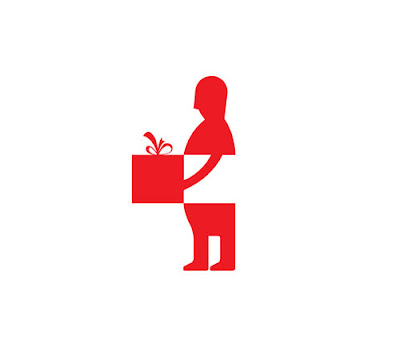by John Hansen
 |
| 1825. William Blake. Job Plate 11. |
One of the perennial questions in philosophy is that, if God is both all-powerful and all-loving—assuming, that is, that he* exists—how is it that he permits suffering and evil in this world? We may imagine, for example, the gruesome suffering of a child, or a natural catastrophe.
One of the most influential thinkers in this area was John Hick (1922-2012), an American philosopher of religion and a theologian. Hick was an unconventional thinker, to the extent that he was twice the subject of heresy hearings. Yet his arguments on human suffering set the agenda. Hick held, to put it simply, that there is no evil in our suffering, but suffering improves our souls. That is, suffering is ultimately good, and merely appears to be evil.
There are multiple biblical references that suggest Hick's thesis: not only does God permit human suffering, but he actually endorses it. The story of Job is the prototype where God actually allows Satan to harm the righteous person (Job) in order to make him more ‘god-like’.
Since Hick, there have been new arguments, which Hick himself could hardly have imagined. Lately, there has been great interest in B.C. Johnson, who is not a theologian—yet through the strength of his arguments, has gained a large following. Johnson holds, to put it too simply, that everywhere, awful ‘accidents’ happen without the interventions of an all-powerful God. Therefore God is evil, or part good and part evil.
However, we find many unexamined assumptions, in both Hick and Johnson. We here examine some of them.
1. Both Hick and Johnson assume that God is personal—essentially, human in nature. Yet nowhere do they discuss this assumption. Is God human? If so, how? Thus they assign to God human codes of conduct. As a result, their discussion about God is essentially one about human morality. The question arises: do we justifiably refer to human morality, expecting God to conform with what is ‘human’?
2. Johnson assumes that God 'has refused to help' us in our sufferings -- and thus he must be evil. The assumption is that God would help us, unasked. One could conceive of an all-powerful, all-loving God who would not intervene in human affairs unless he was petitioned to do so—through a person with the requisite ‘faith’ to make the request. It would not be illogical to assume that God should be asked, by someone who believed that it was worth asking.
3. Almost every example that Johnson uses to question the goodness of God is found in his use of ‘accidents’. The assumption here, however, is that God has power over that realm. Even an all-powerful God could, presumably, leave some things alone. One could posit that a good God would not want to disturb the accidents of nature, because such intervention could disturb the flow of our environmental process. Perhaps he chooses rather to be all-powerful in the spiritual realm.
4. Hick, on the other hand, asks whether accidents can ever be called evil. In that case, can one assume a motive? A classic example is a hornet’s sting. Was there evil intent? Hick equates moral evil with human wickedness, and non-moral evil as equivalent to human pain and suffering from other sources. The distinction is important because Hick suggests that, in the case of human wickedness, we as free agents are in control. God himself may have no evil intent.
5. Johnson questions the theist’s ‘retreat to faith’ to explain God’s goodness. Such faith, he holds, cannot be justified in a wider context. When one casts an eye over history, God’s record is not good. Yet may it not be a category mistake? Faith is a matter of spiritual ascertainment and may make little sense when applied to human rules or philosophical analysis. Faith may not need to be ‘justifiable’ in terms of our own notions of right and wrong.
6. Skeptics may assume that God should have created the world as a hedonistic paradise devoid of human suffering. Suffering and evil may themselves be interpreted as good. God may have created the world to include pain and suffering. The necessity of such suffering, in turn, would bring about God-like characteristics that are necessary. According to Hick, if God were to eradicate all human suffering, we would drift through life aimlessly as if in a dream.
7. A final assumption of the skeptic is that God knows nothing of suffering. Yet an omnipotent, good God himself may have suffered throughout history, just as much as humanity has done, if not more. Such an all-powerful God may believe that it is necessary for human beings to suffer in a similar way as he has done, in order to become more like him, in a different state of existence.
Whether or not one agrees with Hick’s conclusions, it is submitted that his arguments are more plausible than Johnson’s, in that they do not attempt to analyse an unanalysable faith. We may have no better language to talk about it than this.
* I follow Rabbi Aryeh Kaplan: ‘We refer to G-d using masculine terms simply for convenience's sake ...’


